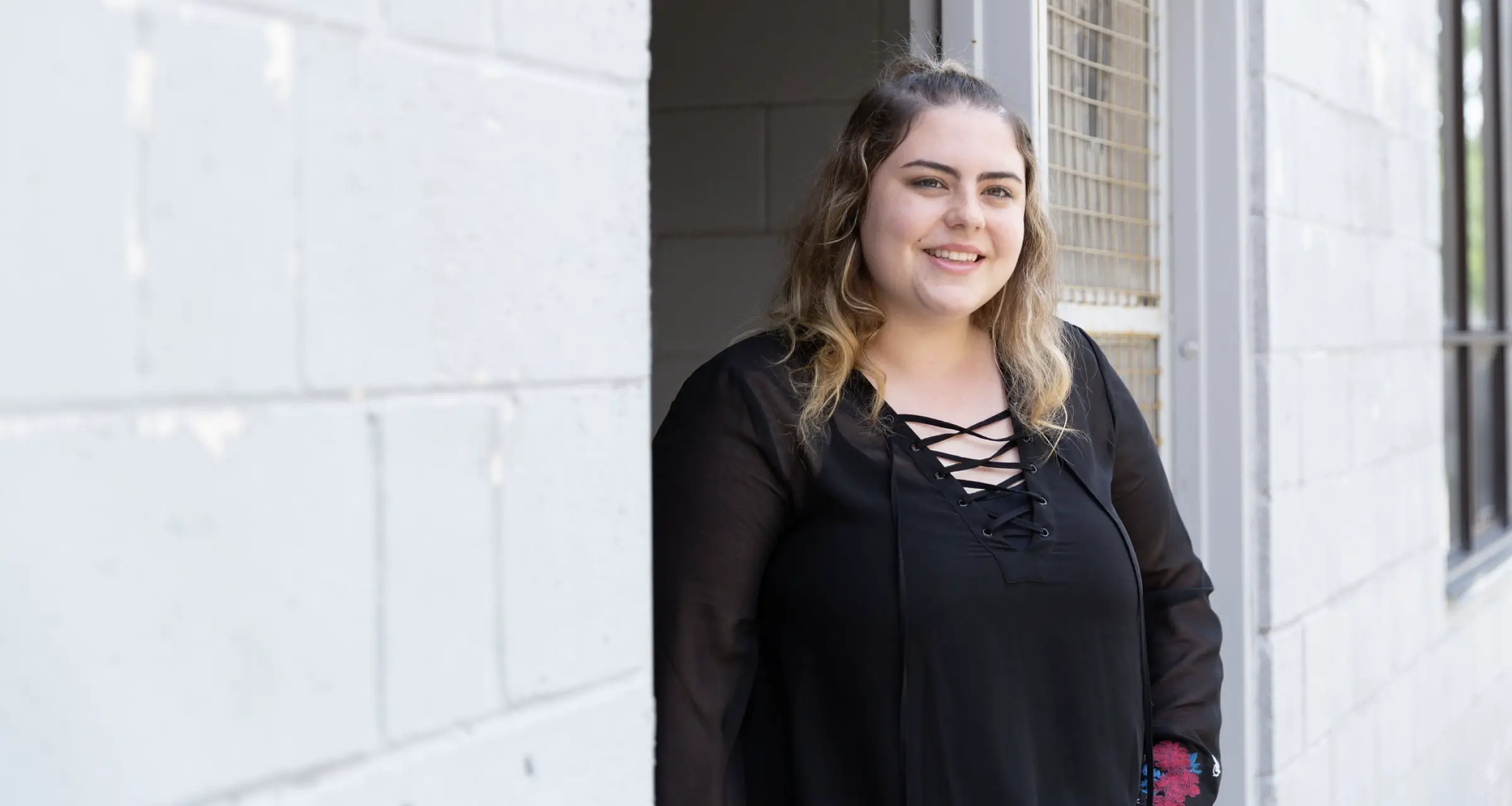Together, we have the strength to change lives
Right now, approximately 59,000 children and youth across Canada are living in permanent government care with foster families, extended family, or in institutional settings. At least 300,000 more are living with vulnerable or unstable families and are significantly at risk of abuse or neglect.
Poverty, addiction, mental health challenges, isolation, and intergenerational trauma are a few of the most common reasons children are removed from their homes and placed in government care.
But coming into care is never a child’s fault. These kids need our help.
Without support, young people raised in government care face profound barriers to success, stability, and well-being.
Less than 50% of youth in and from care graduate from high school. They are nearly 200 times more likely to experience homelessness.
And they are significantly more likely to experience underemployment and low income –– a reality that has a ripple effect across the Canadian economy.
Together with our communities of donors and partners, we are committed to helping kids in care access the tools, resources, and supports they need to overcome the odds stacked against them.

